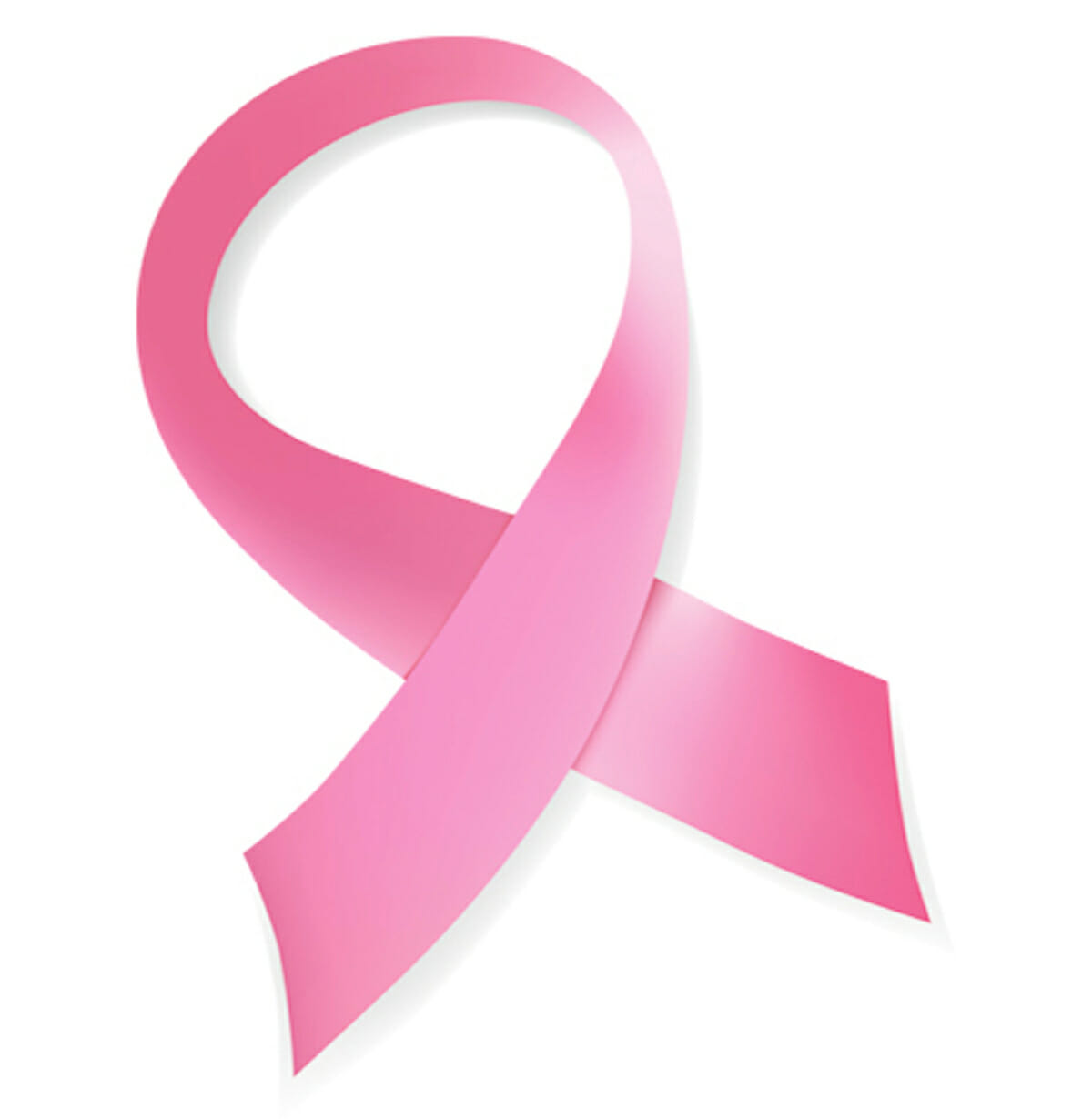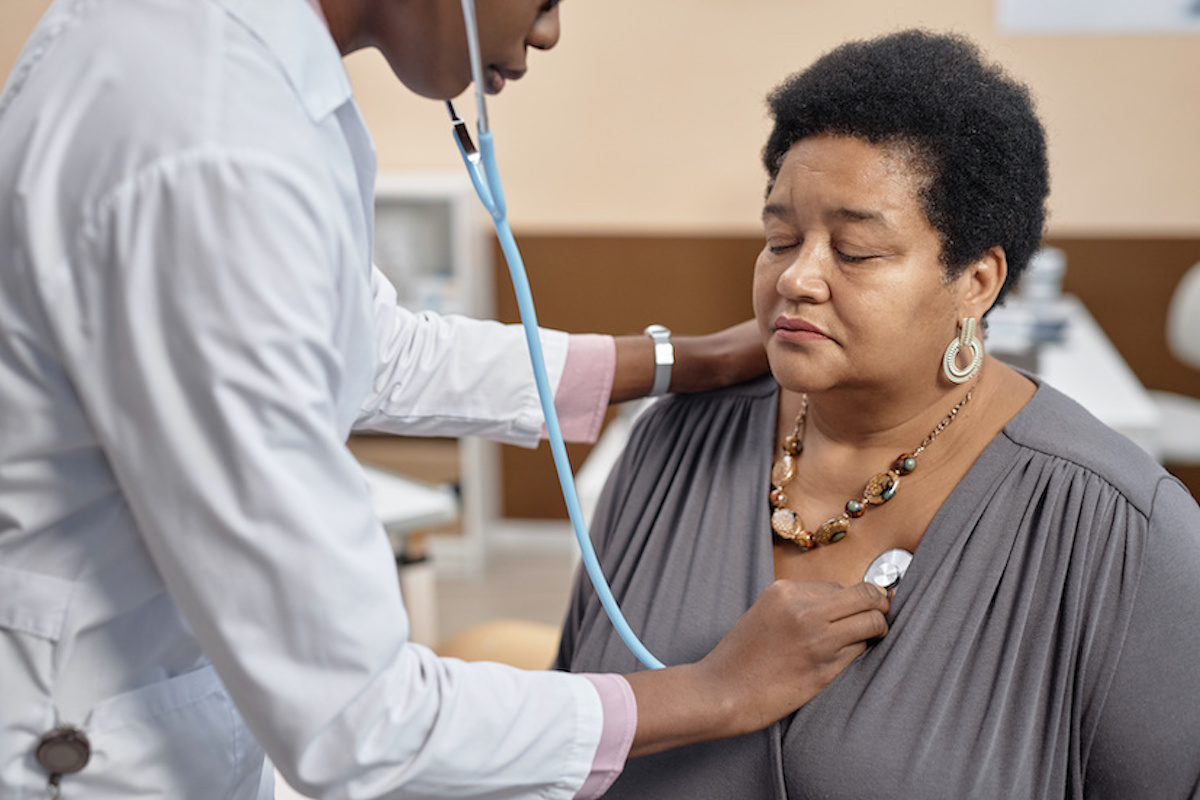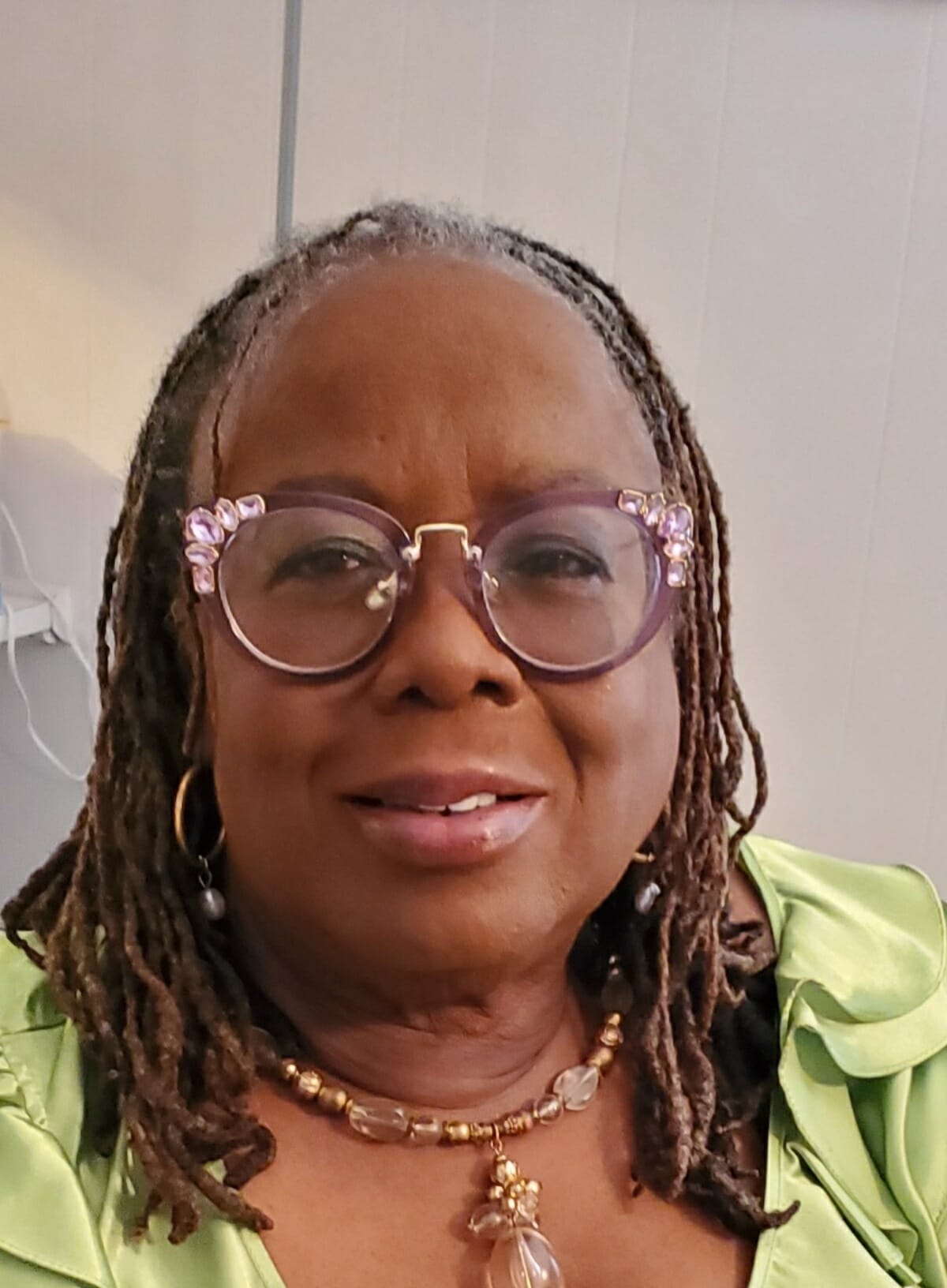If you’ve been told you have dense breast tissue and should have a molecular breast imaging study, what does it mean? Are you at increased risk for breast cancer? What is this additional test, and will it replace mammography in the future?
For years, a mammogram has been the standard test for most women to evaluate their breasts for potential areas of concern. Mammography is not going away and remains the first line of defense for detecting breast cancer. Rather, new technology has been introduced for women who might need more enhanced imaging in addition to a mammogram, which is often referred to as supplemental screening.
Breast density refers to the relative proportion of fatty tissue versus glandular or fibrous tissue when viewed on a mammogram. The tissues look different on a mammogram. Specifically, fat appears black on a mammogram, while milk glands and fibrous tissue of the breast appear white. The more white tissue that is seen on a mammogram, the denser a breast is considered. You cannot see or feel the difference yourself.
Dense breast tissue is relatively common and is found in approximately half of women. The presence of dense breast tissue can make it more difficult to detect abnormalities in the breast since both the tissue and cancer appear white on a mammogram, potentially masking cancer. Statistics also indicate that women with dense breasts are four to six times more likely to develop breast cancer than women without dense tissue. Therefore, these women may benefit from supplemental screening.
Mayo Clinic has developed a test called molecular breast imaging, or MBI, which looks at the function of the breast tissue rather than the anatomy. Molecular breast imaging is more accurate in distinguishing tumors from normal tissue.
With this imaging, tumors stand out from the background tissue. Several studies showed that molecular breast imaging consistently finds about three times more breast cancers in women who have dense breast tissue than screening mammography alone. These findings indicate that molecular breast imaging is an important tool for early breast cancer detection in certain women.
One in eight women is going to get breast cancer in her lifetime, and the goal is to find those cancers while they are small and most treatable. Molecular breast imaging is one tool that helps do that.
In a molecular breast imaging exam, a woman receives an injection of a radiotracer, which is a radioactive agent that goes to active parts of the breast and lights up in areas that have more metabolic activity, like cancer. The breasts are placed in mild compression to stabilize them while pictures are taken. The compression used is less than what occurs with a mammogram, and most women report that it is not uncomfortable. Imaging takes about 40 minutes, and patients can watch a show or play a game on their phone while the pictures are taken.
The radiotracer used in molecular breast imaging has been used for other medical imaging tests for decades, and it is safe. The radiation doses for mammography and molecular breast imaging are low—below the amount of background radiation a person will get in any given year just by walking around outside. Detecting breast cancer early saves lives and outweighs any theoretical risk from the extremely low doses of radiation incurred by these exams.
Speak with a breast health specialist to understand your specific risk for breast cancer. This can help you gauge whether additional imaging is right for you. At the very least, all women should get a yearly screening mammogram. However, women with dense breast tissue should consider supplemental screening. Molecular breast imaging is an important complementary tool that helps find cancers that might otherwise go undetected for a long period of time because they are masked on a mammogram.
— Dr. Kristin Robinson, Division of Breast Imaging, Mayo Clinic, Jacksonville, Florida
Source: https://newsnetwork.mayoclinic.org/discussion/mayo-clinic-q-and-a-who-needs-molecular-breast-imaging/












